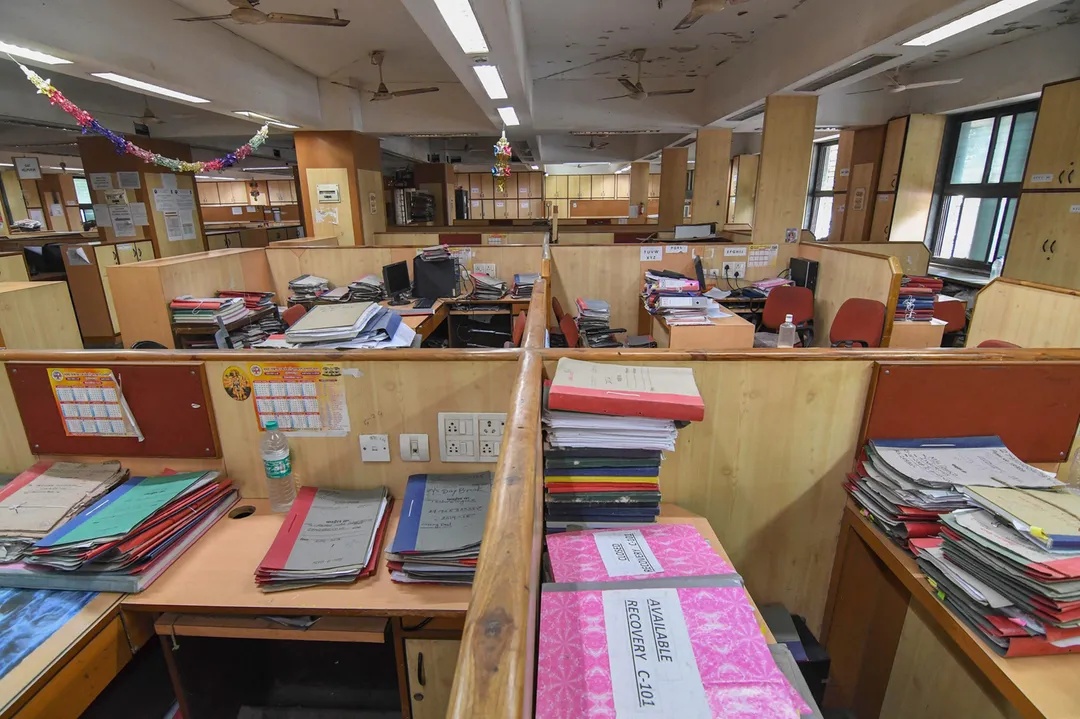
Union Minister Clarifies Leave Entitlements for Central Government Employees
Union Minister of State for Personnel Jitendra Singh recently addressed concerns regarding leave policies for Central government employees, confirming that they are eligible for 30 days of earned leave annually. This provision, outlined in the Central Civil Services (Leave) Rules, 1972, allows employees to take time off for personal reasons, including caregiving for elderly parents. The rules, effective since June 1, 1972, govern leave entitlements for Central government staff, excluding categories like Railway employees and All India Services personnel. Singh’s clarification came in response to a query about specific provisions for elder care, emphasizing that no exclusive leave category exists for this purpose. Instead, employees can utilize existing leave types, such as earned leave, for caregiving responsibilities. This reaffirms the government’s stance on balancing professional obligations with personal needs, particularly in an aging population.
Leave Types and Their Allocation Under the CCS Rules
The CCS Leave Rules outline a structured framework for leave entitlements, ensuring employees have adequate time for personal and family matters. Under these rules, Central government employees receive 30 days of earned leave (EL), 20 days of half pay leave (HPL), 8 days of casual leave (CL), and 2 days of restricted holiday (RH). These leaves are credited biannually on January 1 and July 1, accumulating in the employee’s Leave Account. The flexibility of using these leaves for any personal reason, including elder care, highlights the government’s intent to support employees facing familial responsibilities. Additionally, special leaves such as maternity, paternity, child care, and hospital leave are available, some of which do not require debiting from the Leave Account. These provisions reflect a nuanced approach to employee welfare, aligning with evolving societal needs.
Special Leaves and Policy Evolution for Employee Welfare
Beyond standard leave types, the CCS rules include special leaves tailored to specific circumstances, such as maternity and paternity leave, which are critical for work-life balance. These special leaves are governed by executive instructions and are periodically updated to reflect changing government policies. For instance, child care leave and study leave are designed to support employees during critical personal milestones, while hospital leave ensures timely medical attention without compromising professional duties. The inclusion of these provisions underscores the government’s recognition of the diverse challenges employees face. Furthermore, the rules address casual leave and restricted holidays, which are managed through administrative guidelines to maintain operational efficiency. This dynamic framework ensures that employees can manage their responsibilities without undue stress, fostering a more supportive work environment.
Challenges of Work-Life Balance and Government Reaffirmation
As India’s population ages, the demand for flexible work arrangements has intensified, particularly for employees balancing professional commitments with caregiving responsibilities. Singh’s clarification serves as an official reaffirmation of existing rights, addressing concerns about the feasibility of managing work and family obligations. The 30-day earned leave entitlement provides a buffer for employees to attend to elderly parents, a critical aspect of social responsibility in a culturally significant context. However, the absence of a dedicated leave category for elder care highlights the need for further policy refinement to meet evolving societal demands. The government’s acknowledgment of this issue signals a proactive approach to employee welfare, aligning with broader initiatives to enhance work-life balance across public sectors.
Implications for Employee Rights and Policy Development
The minister’s response underscores the importance of clear communication regarding employee rights, particularly in an era where work-life balance is a pressing concern. While the current framework provides flexibility, the lack of a specialized leave category for elder care may necessitate future policy adjustments. As the workforce continues to diversify, the government may need to revisit leave entitlements to ensure they remain relevant and equitable. This includes considering the unique challenges faced by employees with caregiving responsibilities, ensuring that their rights are protected without compromising institutional efficiency. The CCS Leave Rules, while comprehensive, may benefit from periodic reviews to adapt to changing societal and economic conditions, ensuring that they continue to serve the needs of Central government employees effectively.




